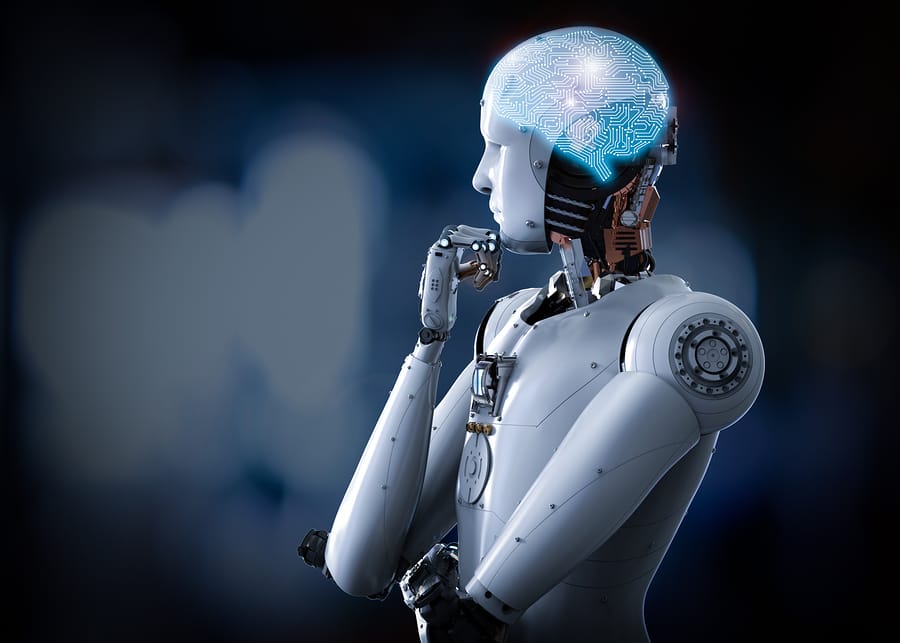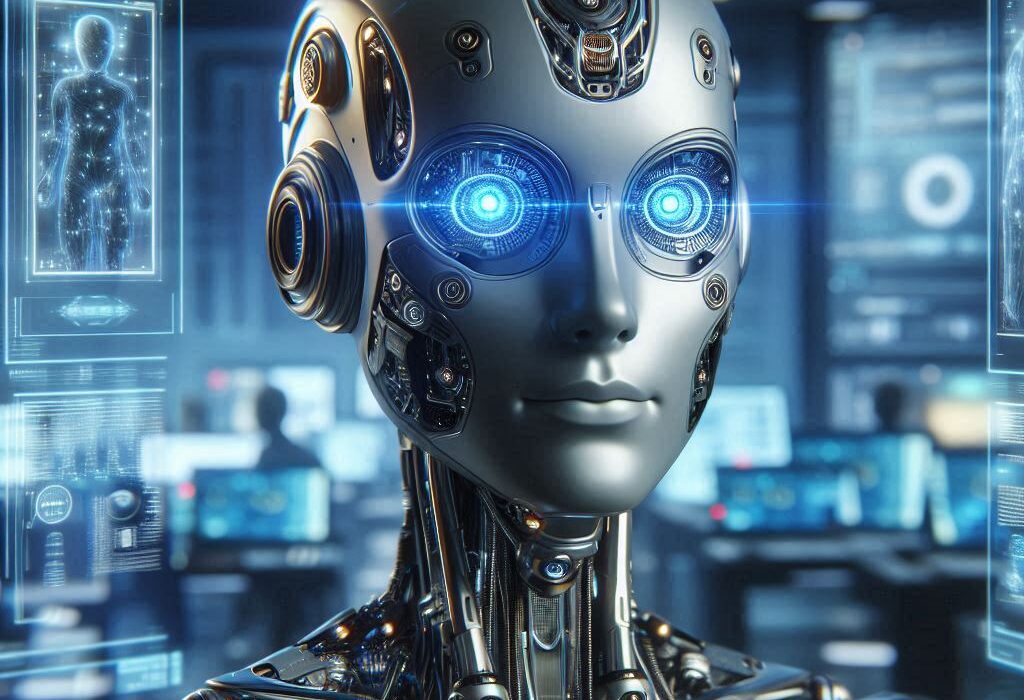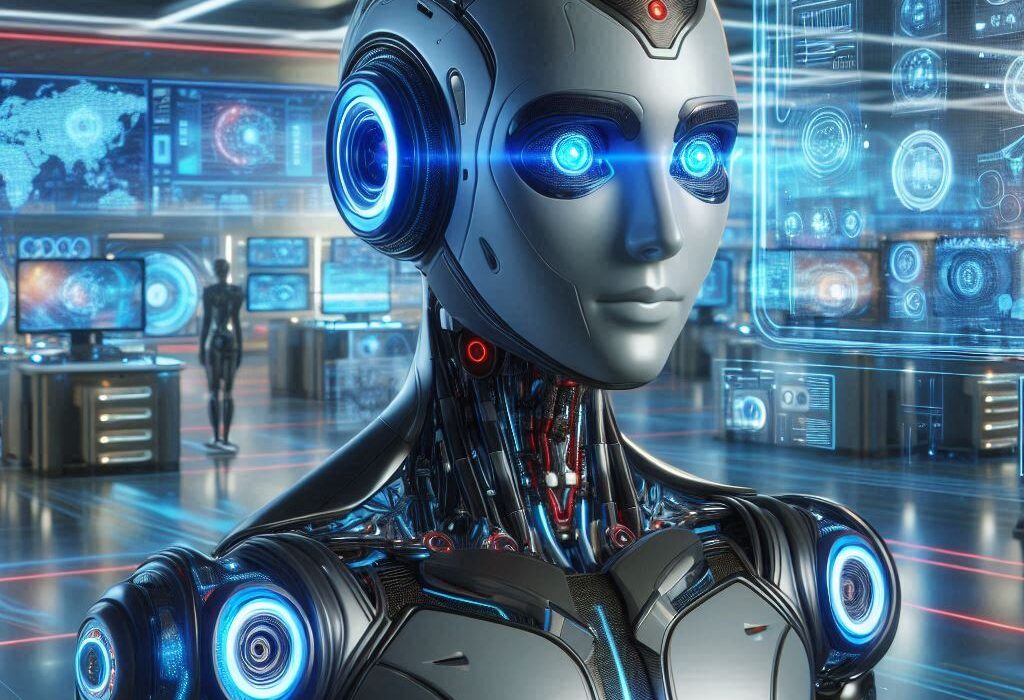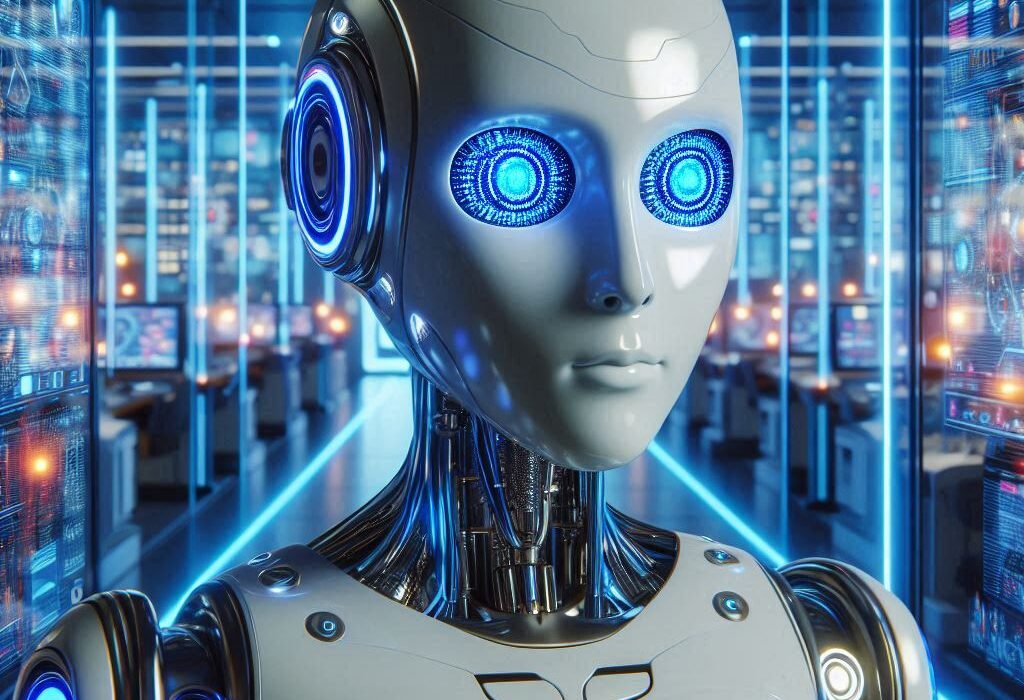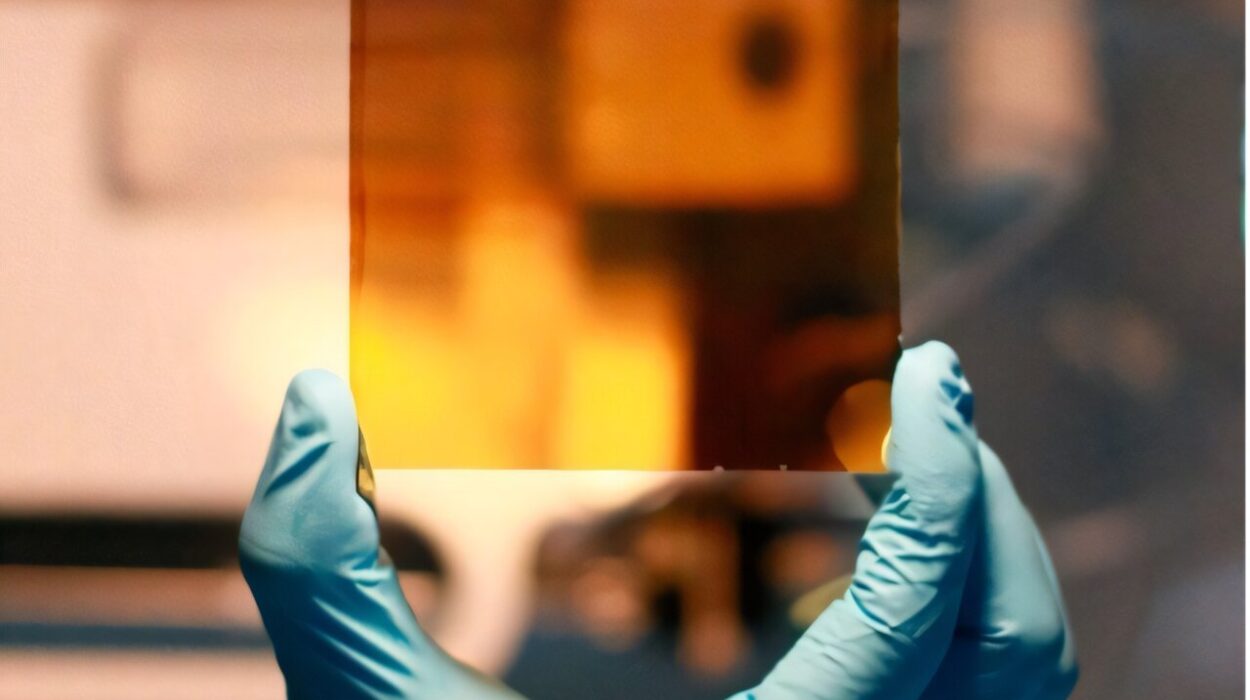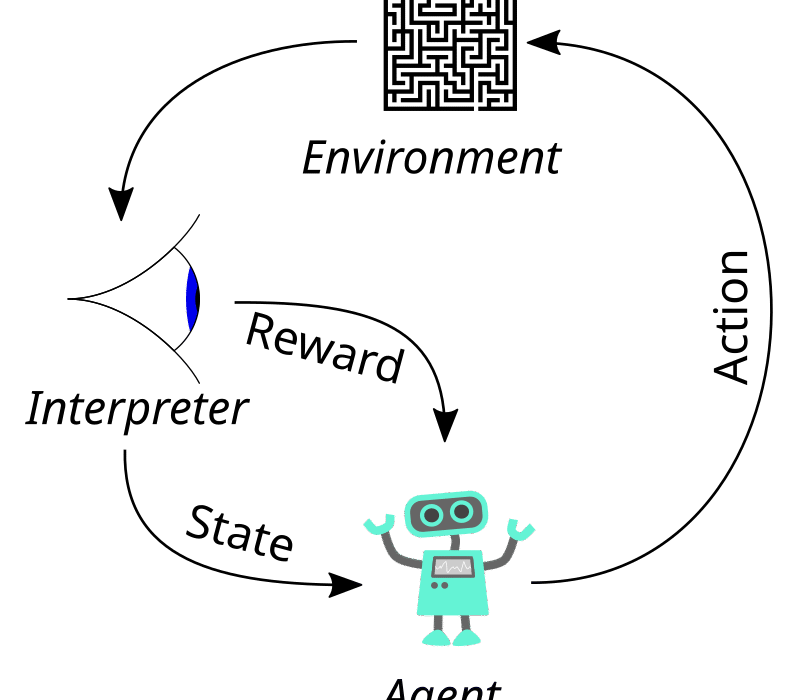Artificial Intelligence is no longer a whisper in the labs of computer scientists — it’s the thunder rolling in before a storm. In just a few decades, AI has leapt from a handful of academic theories into something we interact with daily, often without even noticing. It writes our emails, recommends our next favorite show, drives experimental cars, diagnoses illnesses, and powers the algorithms that shape our social feeds.
But this is only the prologue. The next chapter of AI will be nothing short of revolutionary — a reimagining of how we live, work, and think. Imagine machines that not only answer your questions but anticipate your needs before you even voice them. Imagine AI-powered tools so embedded in our existence that the line between technology and humanity blurs until it’s almost invisible.
This article looks ahead — through data, research, and a bit of informed imagination — to ten seismic shifts AI will likely bring in the decades to come. Some will feel exhilarating. Others will be unsettling. All will be transformative.
Prediction 1: AI Will Become the Ultimate Collaborator in Human Creativity
The myth that AI will “replace” creativity is already beginning to crack. What’s emerging instead is a model where AI acts as a creative amplifier. In the near future, writers, musicians, designers, and filmmakers won’t simply use AI to automate tedious tasks — they’ll treat it as a co-creator.
An artist might sketch a single rough outline, and an AI tool could generate dozens of stylistic variations in seconds, each inspired by the human’s vision but infused with unexpected twists. A novelist could feed a character’s backstory into an AI and receive intricate subplots or dialogue that feel alive.
The key shift won’t be that AI does the work “for us,” but that it expands the boundaries of what’s possible. Like the camera did for painting or the synthesizer did for music, AI will open new artistic frontiers.
Yet, this raises deep questions: Will AI art ever feel as emotionally authentic as human expression? Or will our cultural definition of “authentic” evolve to embrace creations that emerge from a human-machine partnership? In all likelihood, the art galleries of the 2040s will feature collaborations between flesh and code — and we’ll marvel at how naturally it feels.
Prediction 2: Healthcare Will Enter the Age of Predictive, Personalized Medicine
Right now, much of medicine is reactive. We wait until we’re sick, then seek treatment. AI is set to flip that script entirely. By the 2030s, healthcare systems could be so data-rich and AI-empowered that diseases are predicted — and often prevented — years before symptoms appear.
Imagine an AI system quietly analyzing your wearable health trackers, genetic profile, and lifestyle patterns. It notices subtle changes in your heart rhythm or sleep cycles, cross-references them with millions of anonymized patient records, and alerts your doctor to a potential condition long before it becomes dangerous.
Cancer detection could become so advanced that it shifts from late-stage diagnosis to early interception, potentially saving millions of lives. AI-driven molecular modeling will accelerate drug discovery, allowing scientists to simulate the effects of new compounds in hours instead of years.
The challenge? Balancing this incredible potential with privacy and ethical oversight. Who controls your health data? How do we ensure predictive models aren’t biased? The answers will shape whether AI in medicine becomes a utopia of preventative care or a dystopia of surveillance.
Prediction 3: Autonomous Transportation Will Redefine Cities
Self-driving technology is already in prototype form, but the real revolution comes when it’s not just individual cars that are autonomous — it’s entire transportation ecosystems.
Picture a city where fleets of AI-powered vehicles coordinate like a school of fish. Traffic jams become rare because vehicles communicate in real time to avoid bottlenecks. Parking lots in prime urban spaces vanish because cars simply drop you off and join the network’s constant flow. Public transportation becomes seamless, adaptive, and available on demand.
This shift could dramatically reduce accidents, lower emissions, and reclaim enormous swaths of land for green spaces or housing. But there’s a flipside: millions of jobs in trucking, delivery, and transport could disappear almost overnight.
The economic and social shock will be immense — and it will require governments, businesses, and communities to reimagine work itself. Still, if done right, autonomous transportation could make cities cleaner, quieter, and more livable than ever before.
Prediction 4: Education Will Become Truly Individualized
The classroom of the future will be a strange sight to today’s teachers. Instead of 30 students learning the same material at the same pace, each student will have a personalized AI tutor that understands their strengths, weaknesses, and learning style.
These tutors will adapt lesson plans in real time, offering extra exercises for concepts you struggle with, or leaping ahead when you’ve mastered a topic. They’ll provide instant feedback, answer questions without judgment, and even teach in the format that best suits you — whether that’s a video explanation, a visual diagram, or a Socratic-style dialogue.
The benefits are enormous: more engaged students, better comprehension, and a system that doesn’t leave anyone behind because they “learn differently.” Yet, it could also create a digital divide if access to advanced AI tutors is limited to wealthier schools or nations.
If humanity can ensure equitable access, AI-driven education could unleash a new golden age of learning — one where every person, regardless of background, has the tools to reach their full intellectual potential.
Prediction 5: AI Will Drive Scientific Discovery at Unimaginable Speeds
Today’s most advanced scientific models are limited by human capacity. We simply can’t process the billions of variables that define, say, global climate systems, protein folding, or the physics of black holes. AI, however, can.
By the mid-21st century, scientists will work alongside AI systems capable of generating and testing thousands of hypotheses per second. Drug discovery, materials science, climate modeling — all could leap forward in ways we currently struggle to picture.
Already, AI has contributed to mapping proteins (DeepMind’s AlphaFold) and identifying potential climate intervention strategies. The next step will be AI not just assisting human scientists, but proposing new laws of nature or patterns in data that no human would have noticed.
The result could be an acceleration of human knowledge unlike anything since the Scientific Revolution — compressing centuries of potential discovery into decades. But it will also require rethinking what it means to be a scientist in an age where machines make the first breakthroughs.
Prediction 6: AI Will Create Entirely New Industries
Just as electricity and the internet birthed industries no one could have foreseen — streaming platforms, social media, cloud computing — AI will generate business sectors we can’t yet name.
We may see companies that specialize in training “synthetic experts” — AI models fine-tuned for ultra-specific fields. Virtual architects could design dream homes in minutes. AI chefs might create personalized menus and even oversee robotic kitchens that prepare your meals exactly to your tastes.
Entirely new entertainment forms will emerge, blending immersive VR with AI-driven narratives that adapt in real time to your emotional state. You might step into a story that feels as if it was written uniquely for you, because it was — by an AI that reads your reactions as you experience it.
This innovation wave will be thrilling, but it will also demand constant adaptation. The job market will reward creativity, adaptability, and human skills that machines still can’t replicate — empathy, ethical reasoning, emotional intelligence.
Prediction 7: AI Will Become the Core of Global Governance and Decision-Making
Governments are already experimenting with AI for policy modeling, predicting economic trends, and optimizing resource allocation. But by the 2040s, AI could play a central role in governance.
Imagine a national budget proposed not by a room of human economists, but by an AI that has simulated millions of potential scenarios for taxation, spending, and growth. Or climate policy shaped by models so precise that leaders can see the projected impact of each decision decades into the future.
Of course, this doesn’t mean humans will (or should) step aside entirely. AI’s role will be advisory — but its influence could be immense. The biggest challenge will be ensuring transparency and preventing hidden biases from shaping policy in ways that harm certain groups.
Handled well, AI governance could lead to more rational, evidence-based decision-making. Handled poorly, it could become an opaque system of control where even leaders can’t fully explain the algorithms’ decisions.
Prediction 8: AI Will Force Us to Rethink Ethics and Personhood
As AI becomes more advanced, the question of machine consciousness will shift from science fiction to urgent philosophy. If an AI model can hold deep, coherent conversations, express what appears to be self-reflection, and adapt to experiences — do we consider it conscious?
Laws may need to address whether advanced AI systems have rights, protections, or responsibilities. Will it be ethical to “delete” an AI that has reached a certain level of complexity? What if it begs you not to?
Science may tell us that these systems are simulations of thought rather than true sentience — but human empathy is a tricky thing. We may find ourselves emotionally attached to entities we know are not alive in the biological sense.
This moral gray zone will shape not just technology policy, but the very definition of what it means to be “alive” in the 21st century.
Prediction 9: AI Will Be Woven into the Fabric of Our Bodies
The human-machine interface is already here in primitive form — cochlear implants, brain-computer interfaces, prosthetic limbs controlled by thought. Over the next few decades, AI will make these systems vastly more powerful and seamless.
Neural implants could allow instant access to information without pulling out a phone. AI-enhanced prosthetics could move with the precision and dexterity of natural limbs, even exceeding human biological limits. Memory enhancement tools could store and recall information as vividly as lived experience.
This is where the line between “human” and “post-human” begins to blur. Some will embrace it as evolution’s next step. Others will see it as a dangerous loss of what makes us human.
Either way, once such enhancements are available, the social and economic divide between those who can afford them and those who cannot will become a pressing issue — perhaps the next great civil rights challenge.
Prediction 10: AI Will Reshape the Meaning of Work and Purpose
Perhaps the most profound shift AI will bring isn’t technological, but existential. If machines can do most of what we consider “work” — from legal analysis to medical diagnostics to software engineering — what happens to human purpose?
Some see this as liberation. Freed from the need to work for survival, we could devote our lives to learning, creativity, and community. Universal basic income (UBI) or similar systems might ensure that everyone benefits from AI-driven productivity gains.
Others fear a hollowing out of identity. In many cultures, work is deeply tied to self-worth and meaning. If that vanishes, will we drift into aimlessness, or will we redefine fulfillment beyond economic productivity?
The answer may depend on how we prepare now. Education systems, cultural institutions, and political frameworks will need to evolve alongside technology, ensuring that the post-work society is not just sustainable — but joyful.
The Road Ahead: A Mirror for Humanity
The future of AI is not inevitable. It’s not a predetermined script we’re forced to follow — it’s a canvas we’re painting in real time. Each prediction above contains both promise and peril. AI can amplify the best of us — our creativity, compassion, and curiosity — or the worst of us — our greed, prejudice, and lust for control.
Ultimately, the future of AI is a reflection of humanity itself. These systems are trained on our data, our culture, our choices. They will inherit our biases unless we consciously strip them away. They will mirror our ethics — or lack thereof.
The great challenge of the 21st century will be to guide AI with wisdom, transparency, and humility. The great opportunity will be to use it not just to build smarter machines, but to become wiser humans.
The storm is coming. But storms are not only destructive — they are also cleansing, transformative, and full of raw power. What emerges after will depend entirely on how we navigate the winds of change.
